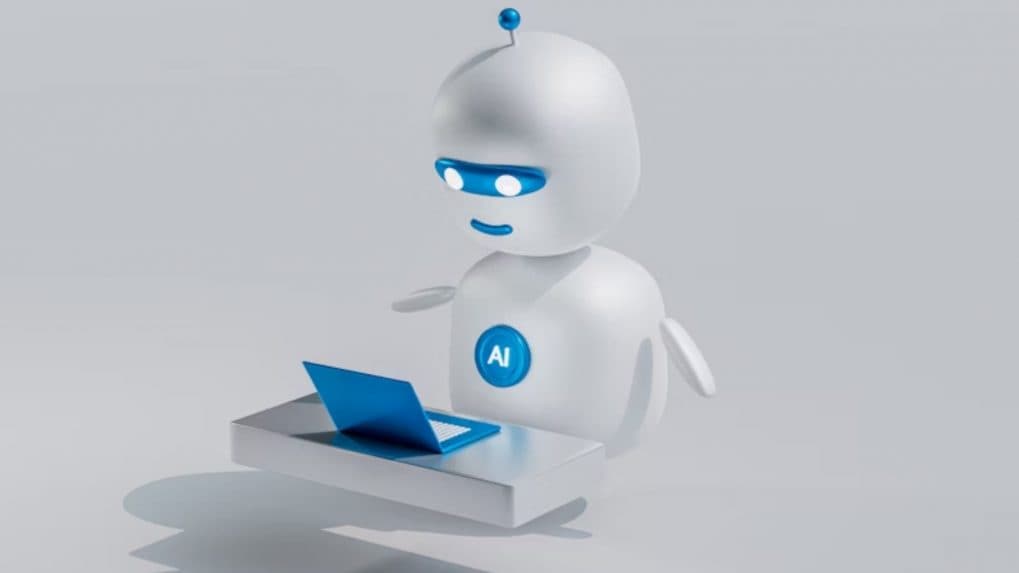OpenAI enters humanoid robotics race, setting stage for clash with Tesla
OpenAI is said to be focusing on systems that can learn through advanced teleoperation methods and virtual simulation environments.
ADVERTISEMENT
OpenAI, the company behind ChatGPT, is reportedly moving into humanoid robotics, setting itself up for a high-stakes contest with Elon Musk’s Tesla. According to a report by Wired, the artificial intelligence giant has begun aggressively recruiting experts in robotics and machine learning as part of a strategy to expand its influence beyond software into physical systems.
Recent job postings reveal OpenAI’s ambition to build a team of specialists capable of designing sophisticated algorithms to control both humanoid and conventional robotic platforms. The company is said to be focusing on systems that can learn through advanced teleoperation methods and virtual simulation environments.
Read More: Microsoft brings OpenAI’s new free GPT model into Windows 11 via AI
Industry insiders cited in the report suggest OpenAI is particularly interested in humanoid robots — machines that mimic human characteristics either partially or fully. Its research also appears to be targeting enhanced spatial reasoning capabilities, which would allow robots to better interpret their surroundings and perform complex, real-world tasks with precision.
The initiative positions OpenAI directly against Tesla, which is developing its own humanoid robot, Optimus. Musk has described Optimus as a central pillar of Tesla’s long-term business, with applications ranging from industrial work to household assistance. OpenAI’s entry into the sector intensifies the rivalry between two of the most influential players in artificial intelligence.
Read More: OpenAI’s ChatGPT agent clicks through 'CAPTCHA Test' designed to block bots
The development also carries a personal dimension. Musk co-founded OpenAI in 2015 but stepped down from its board in 2018. Since then, he has become one of the company’s sharpest critics, questioning its direction and safety practices. At the same time, he has linked his work on Tesla’s Optimus project to broader concerns about the potential risks of advanced AI.
If OpenAI follows through on its robotics ambitions, it could reshape the competitive landscape in a field increasingly viewed as central to the future of AI — where algorithms move beyond digital environments to operate in the physical world.
Read More: Apple’s four senior AI researchers quit, defect to Meta, OpenAI and Anthropic

